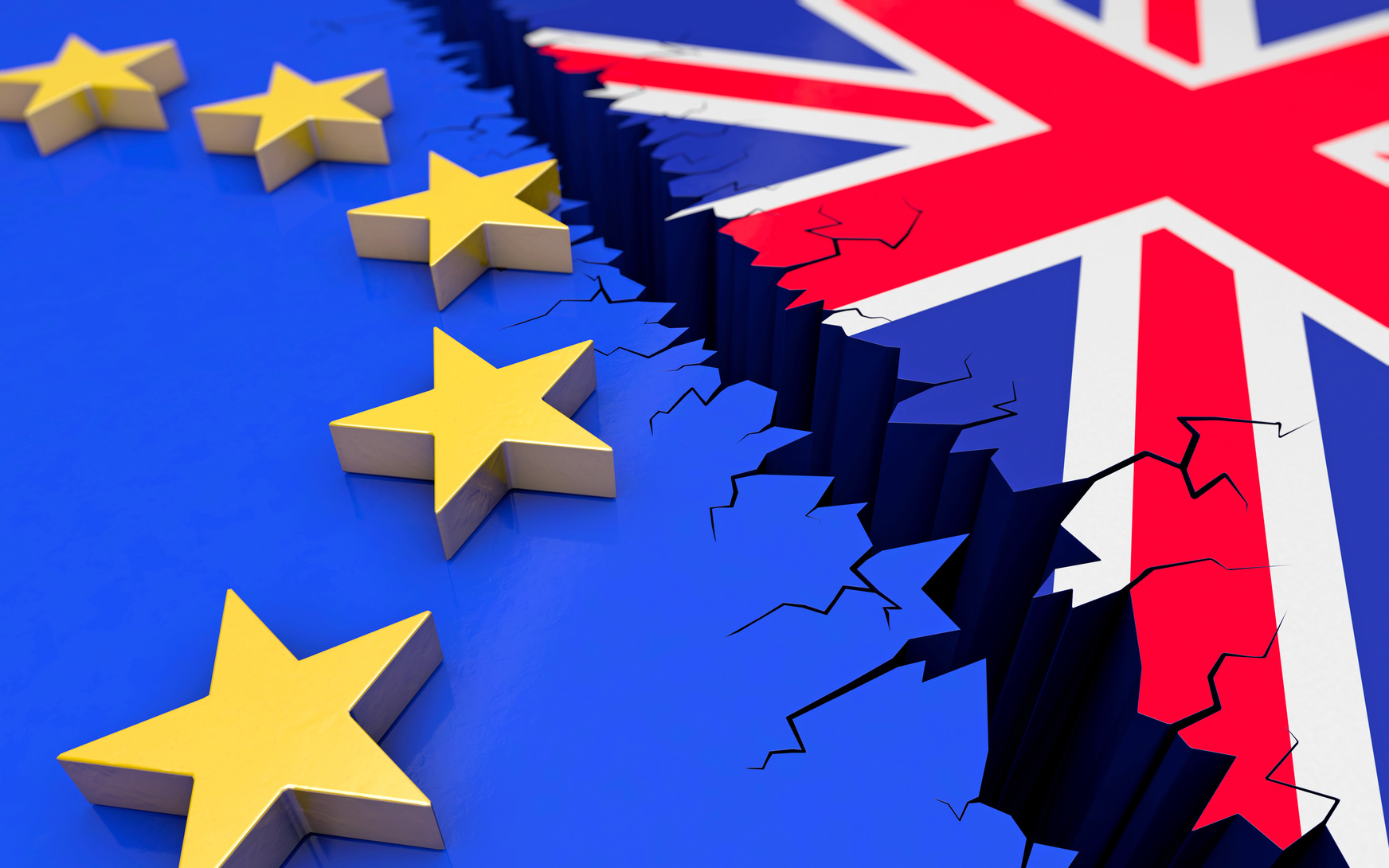24
June 2016
Insight: How Brexit Affects You
The UK’s decision to leave the EU sent shockwaves across Europe last night. Aside from Greenland, no country has ever left the EU before. After months of bitter campaigning, Leave won in a surprisingly comfortable fashion. The results have shown – once again – that pollsters, bookmakers, traders and pundits should all be taken with a rather hefty pinch of salt. The results have also shown that the country is intensely divided, perhaps as never before. Scotland, Northern Ireland and London voted decisively for Remain, whereas the rest of England voted for Leave. The young voted predominantly for Remain, whereas the old voted predominantly for Leave. As well as managing a period of extreme economic and political turbulence, the next PM faces the unenviable task of uniting both the whole country and his own party.
So, what happens next? Although the vote was for Leave, the UK is still a full EU member. This means that EU law still applies in the UK and British citizens still have the same rights and status in the EU (and vice versa). This will be the case until the UK and the EU negotiate and conclude a withdrawal agreement, which sets out the terms of their future relationship – covering issues like trade and immigration. This will take a minimum of two years, but could take much longer, meaning that the UK could still be in the EU for a few years (albeit as a member state negotiating its exit).
The consequences of Brexit very much depend on the type of deal that the UK is able to negotiate with the EU. It is impossible to know exactly what Brexit will mean for UK citizens currently living in the EU, UK citizens who wish to travel and live in the EU in the future and UK businesses who trade with EU companies, until the nature of the withdrawal agreement is clear. Some experts argue that it is in the EU’s interests to give the UK a good deal, as we are a crucial economic partner. If this is the case, the post-Brexit reality might not feel that different. However, others argue that the EU might want to ‘punish’ the UK for leaving, as a way of deterring other Eurosceptic movements across Europe from pushing a similar agenda. If this is the case, life post-Brexit will feel very different for millions of people.
One thing is certain: Brexit will have far-reaching and long-lasting consequences, for both the UK and the EU. It could trigger a second independence referendum in Scotland, it could lead to the imposition of a hard border between Northern Ireland and the Republic of Ireland and it could even lead to the disintegration and collapse of the EU itself.
Many people will be wondering what the impact of Brexit will be for their personal finances, as well as the wider economy. Here are a few things to consider:
1) Because the value of the pound has fallen sharply and is likely to remain relatively low, the cost of goods which are imported from abroad will increase. This means that products such as petrol, food and wine will all become more expensive. The chairman of the Petrol Retailers Association, Brian Madderson, has predicted a rise of 2p-3p per litre.
2) The fall in sterling also means that British holidaymakers will get less bang for their buck this summer. To put it simply, euros and dollars will become more expensive, and all those who exchanged their holiday money before the referendum will be very happy indeed.
3) If the economy is sluggish and suffers in the way that most economists predicted, then interest rates would probably be cut, as a way of stimulating the economy. This could mean lower mortgage rates and cheaper borrowing. Although it cannot be said with certainty that the Bank of England will opt to go down this route – at this early stage, things are unclear.
If the economy does take a sustained hit due to Brexit, then living standards are likely to stagnate and jobs will be lost. This would be caused by lower levels of inward investment and lower levels of UK-EU trade. Again, much of this depends on the nature of the deal which the UK strikes with the EU, as well as the political stability in the UK.
At this stage, it is impossible to predict what this deal will look like and how the economy will be affected. Nonetheless, in the short-term it can be said that prices will rise, foreign currency will become pricier and interest rates will probably be lowered to 0%. Amidst a cloud of uncertainty one thing is for sure: the effects of this momentous will be felt for years to come. Brexit marks a seismic alteration of the political and economic world as we know it.





